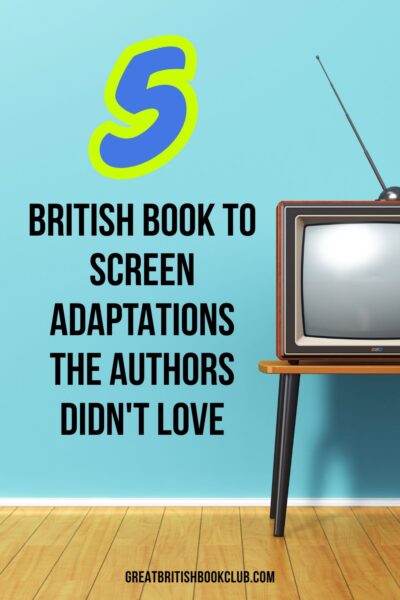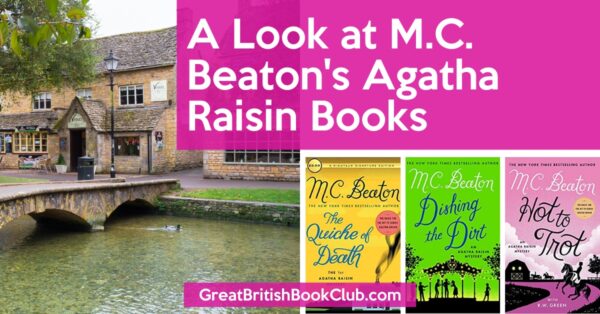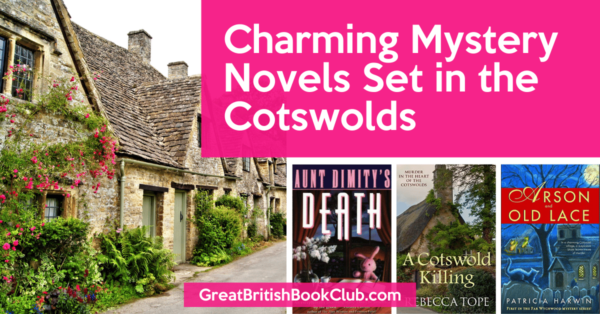5 British Book to TV Adaptations the Authors Didn’t Love
In some cases, we earn commissions from affiliate links in our posts.
Many authors dream of licensing their work to companies like Netflix and Amazon, hoping for a lucrative deal that might transform them into a household name like Harlen Coben, JK Rowling, Stephen King, or Richard Osman. Unfortunately, even if you're one of the talented and lucky few who secure such a deal, you might not be happy with the end result. The authors below certainly had their issues.
When you've spent months or years lovingly crafting a fictional universe and its characters, it's only natural you'd have a set of very specific ideas in your head about how those things should be brought to the screen. In allowing someone else to bring that work to life, compromises and sacrifices have to be made – and that means a lot of potential for unhappiness.
MC Beaton & Hamish Macbeth
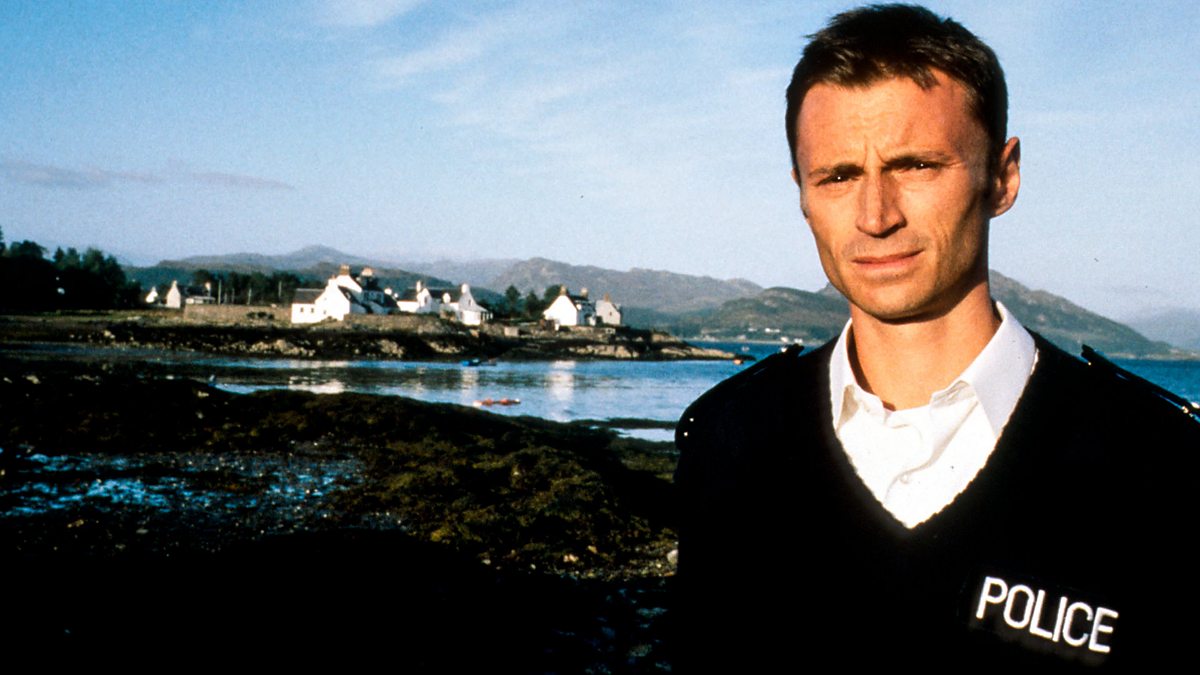
M.C. Beaton, author of the long-running Hamish Macbeth mystery series, was notably unhappy with the BBC’s 1990s television adaptation starring Robert Carlyle. Though the show was popular with viewers and ran for three seasons, Beaton felt it strayed too far from the character and tone of her books. She described her literary Hamish as a tall, laid-back Highlander, and took issue with Carlyle’s portrayal, once saying, “I got a 5ft 8in Glaswegian with a chip on his shoulder.” She disliked the show’s grittier, moodier approach and believed it failed to capture the warmth and humor of the original stories. Beaton had no creative control over the production and publicly distanced herself from it, going so far as to consider having the series shut down.
On a more positive note, she loved Ashley Jensen's portrayal of Agatha Raisin (despite the fact that many fans were unable to get over her blonde hair). Of Jensen's portrayal, she said: “Agatha does not look like Ashley Jensen but in character she is just like her — she is a brilliant actress.”
- Read the book: Death of a Gossip (Hamish Macbeth, Book 1)
- Watch the adaptation:
Daphne du Maurier & Many Adaptations of Her Work
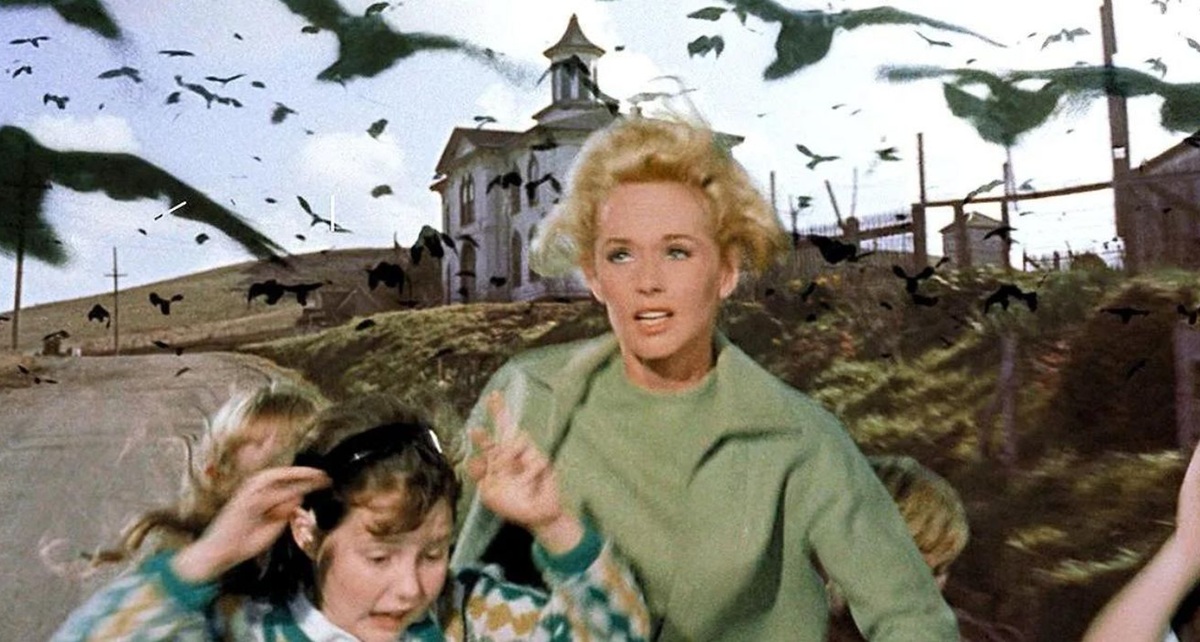
Daphne du Maurier lived until 1989, so she had the privilege of seeing a number of her works adapted for screen. Unfortunately, she wasn't always pleased – particularly when Alfred Hitchcock was the one doing the adapting. In Manderley Forever, Tatiana de Rosnay discusses who du Maurier was irritated by the fact that Hitchcock rarely gave her any credit for providing the source material for movies that made him famous, despite the fact that he adapted three of her works. As a woman, du Maurier was well familiar with being dismissed by men, and she didn't care for it.
It's said she was also unhappy with Olivia de Havilland's casting in My Cousin Rachel, and that both she AND Hitchcock disliked the adaptation of Jamaica Inn, given the changes made to the ending.
So did she like any of her adaptations? It's said that the only ones she liked were Hitchcock's treatment of Rebecca and Nicolas Roeg's Don't Look Now.
- Read the books and stories:
- Watch the adaptations:
Susan Hill & The Woman in Black
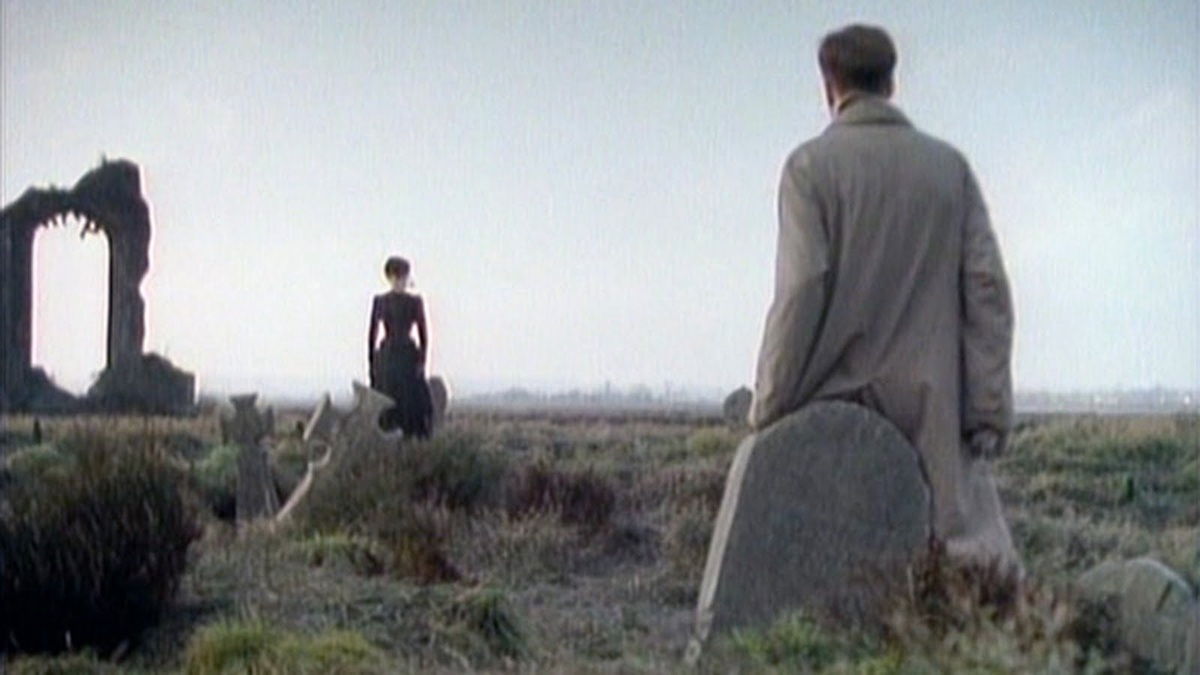
Though Susan Hill’s The Woman in Black has become a staple of modern ghost stories, she was less than thrilled with its 1989 ITV adaptation—despite the fact that it went on to be nominated for four BAFTAs and is still remembered as one of the scariest made-for-TV films in British history.
“There were some arbitrary changes I didn’t like,” Hill later admitted, referencing everything from character name swaps to the inexplicable decision to change the sex of a dog. The screenwriter, Nigel Kneale, took particular issue with her naming the protagonist Kipps (a nod to H.G. Wells), and in a petty bit of screenwriter revenge, changed it to Kidd. Despite her early objections, Hill has since acknowledged the film’s success at frightening viewers and its status as a cult classic: “It is very frightening,” she said. “And when anyone complains that ‘it has changed the book,’ my answer is always the same. Of course it hasn’t … the book is still there for everyone to read – and quite unchanged!”
Though she had no control over the production and hasn’t owned the rights since it first aired, her early frustration with the adaptation led many to (wrongly) assume she was the reason it disappeared from broadcast for decades.
- Read the book: The Woman in Black
- Watch the adaptations:
George RR Martin's Game of Thrones & House of the Dragon
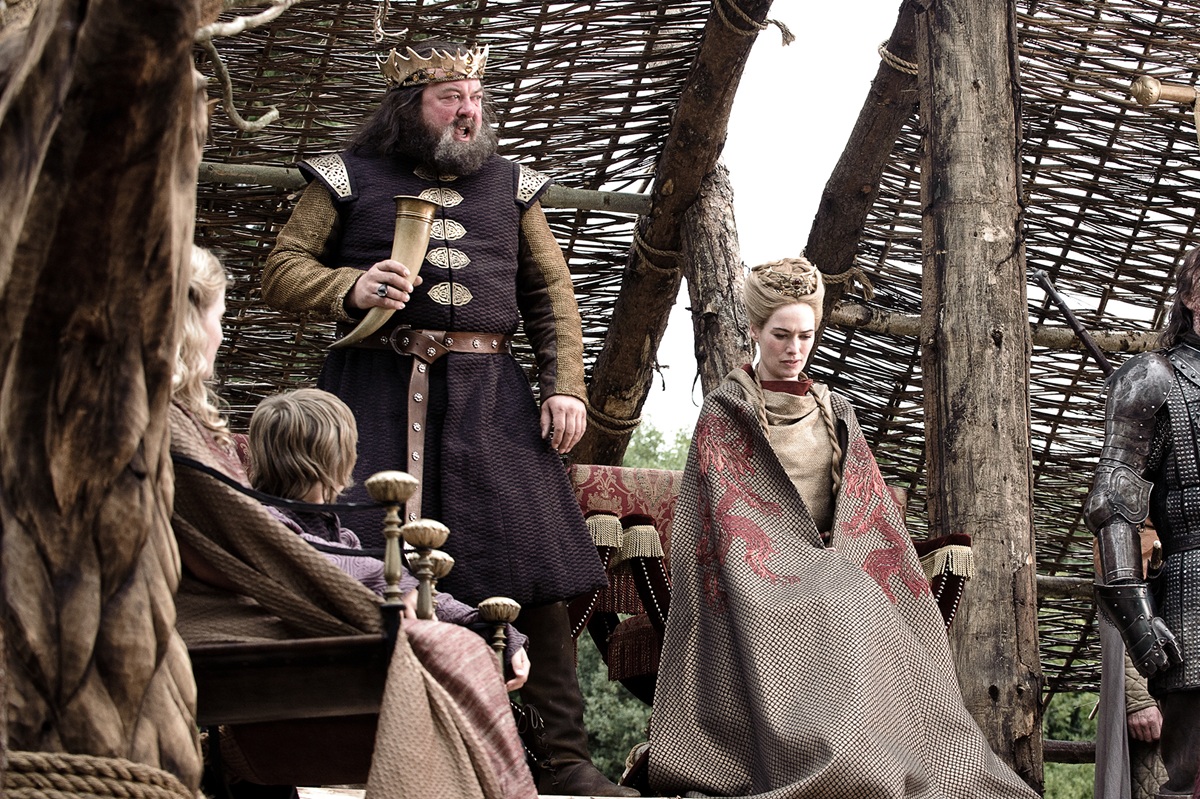
Though George R.R. Martin has praised House of the Dragon’s emotional weight and early episodes, he hasn’t been shy about voicing his frustration over certain changes—especially the decision to remove Prince Maelor from the story entirely.
He's also been open and candid about his frustrations with the later seasons of Game of Thrones, particularly where the show diverged from his planned book narrative. While he praised much of the early adaptation, his tone became more reserved (and sometimes clearly disappointed) as the series progressed beyond his published material.
- Read the book: A Game of Thrones
- Watch the adaptations:
Winston Graham & Poldark
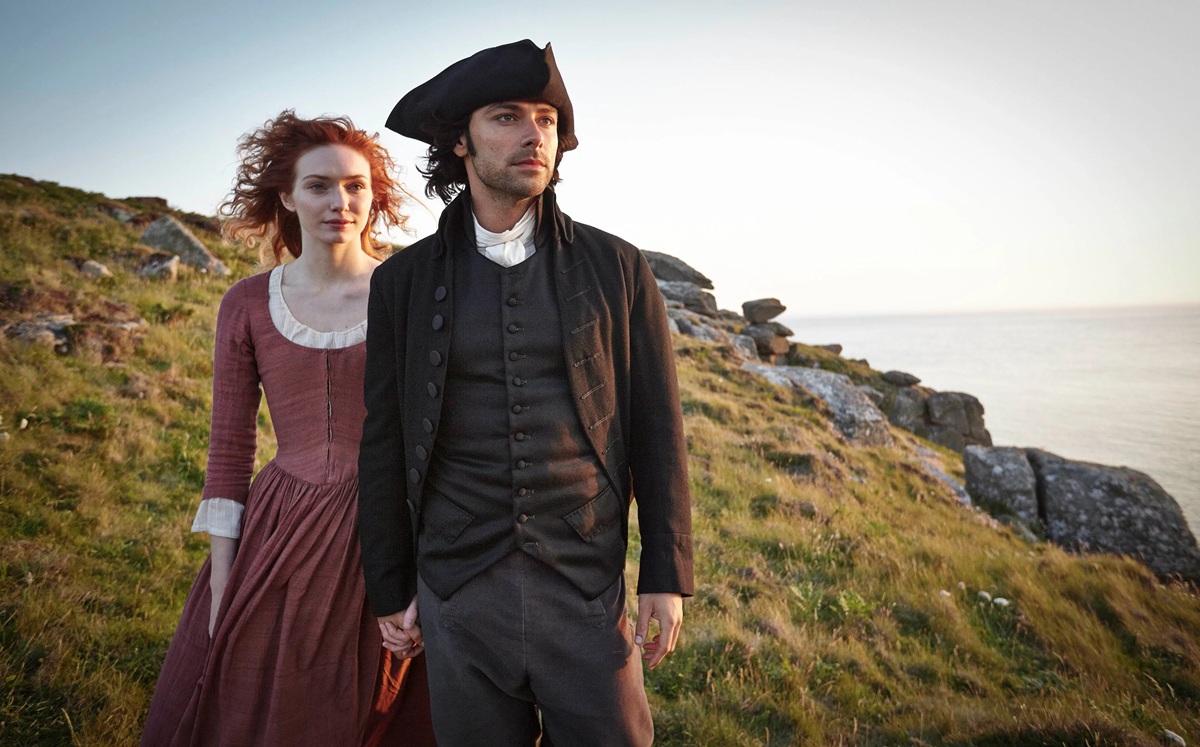
Though Winston Graham wasn't alive to see the most recent Poldark adaptation starring Aidan Turner, he was notoriously unhappy with the 1970s TV adaptation. Why? He felt the producers had turned his spirited tomboy, Demelza, into a wanton hussy. His daughter, Rosamund Barteau, once said,
“Dad blew a gasket when he saw the first episode of the original series. He was so angry about the way they had changed Demelza into a floozy that he wanted to get the production stopped. He was absolutely livid. In the novel she was a tomboy but the producers had some salacious need to make her sexually loose. In one scene she even offered to pull down her knickers for a shilling. That was certainly not in any of the books.”
Graham had no editorial control over the first season, but by season 2, he did – and it would go on to run for 29 episodes, airing in 40 countries (including the US, as part of Masterpiece Theatre on PBS).
- Read the books: Ross Poldark: A Novel of Cornwall
- Watch the adaptations:
Save it to Pinterest!
